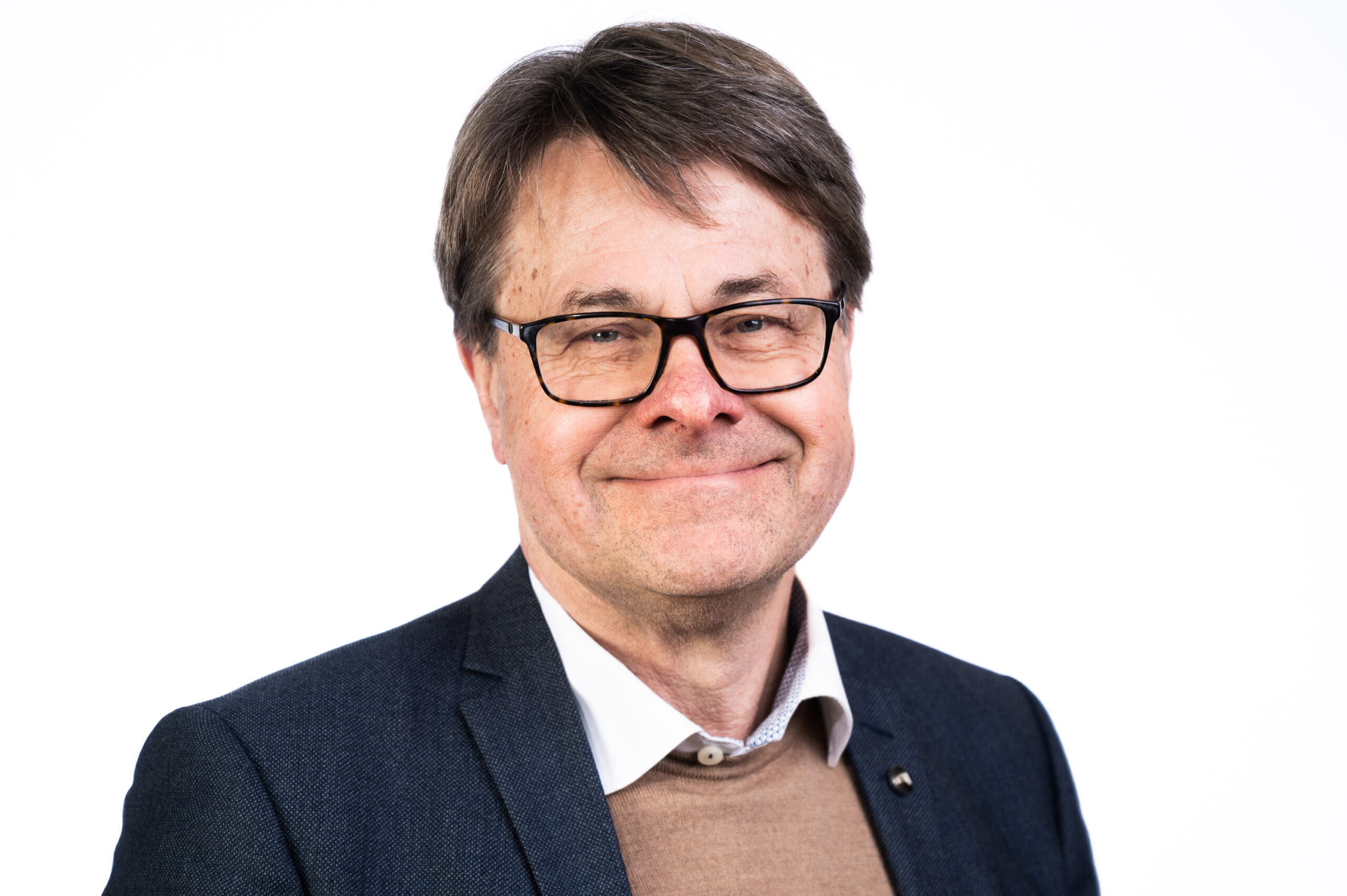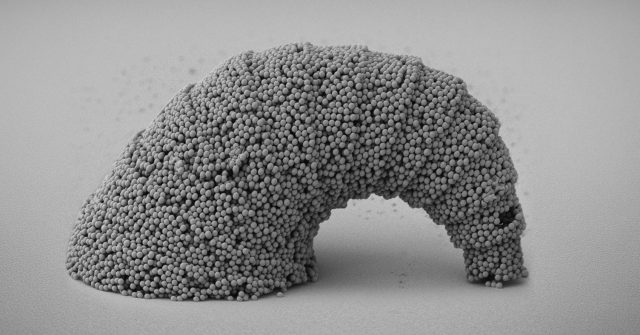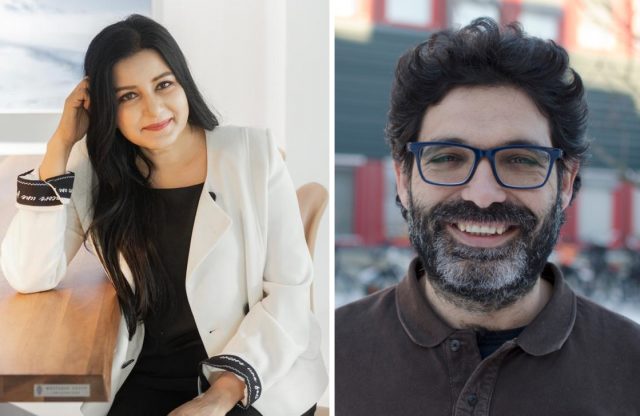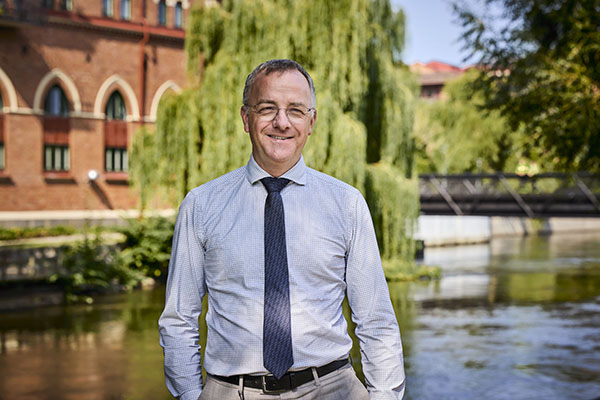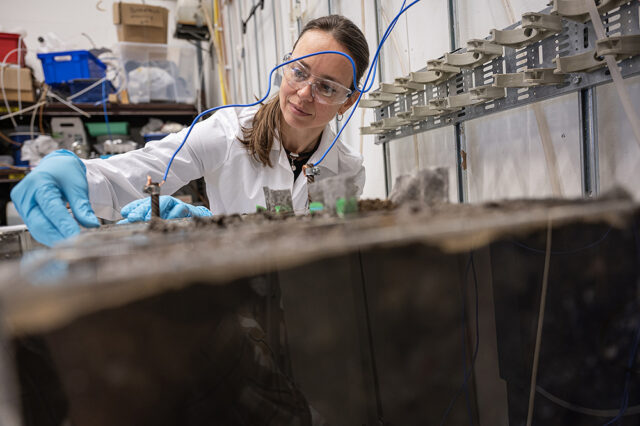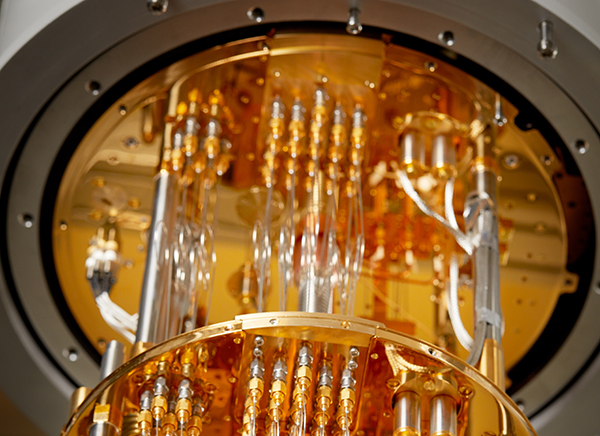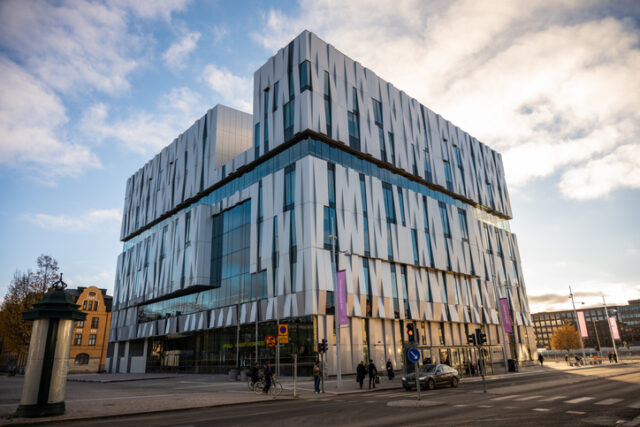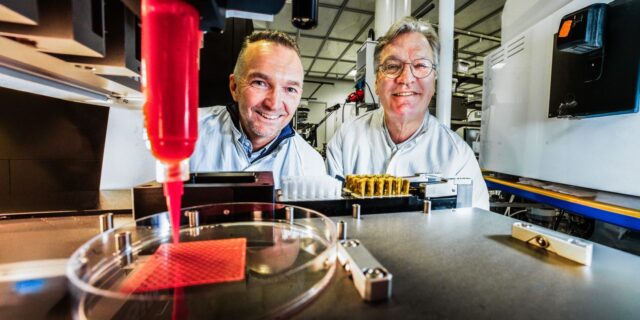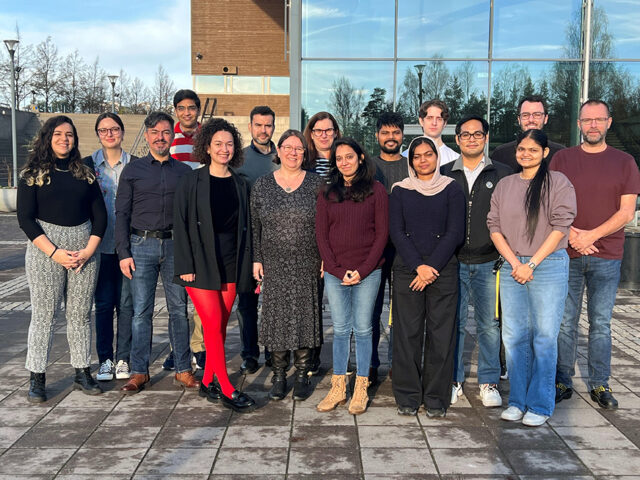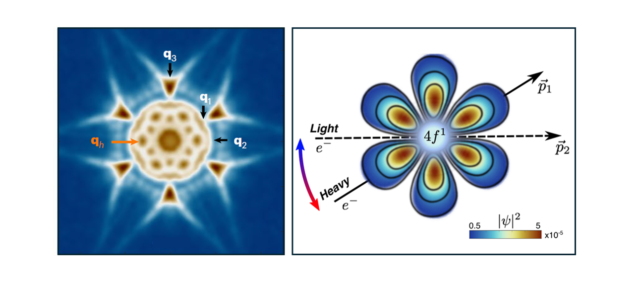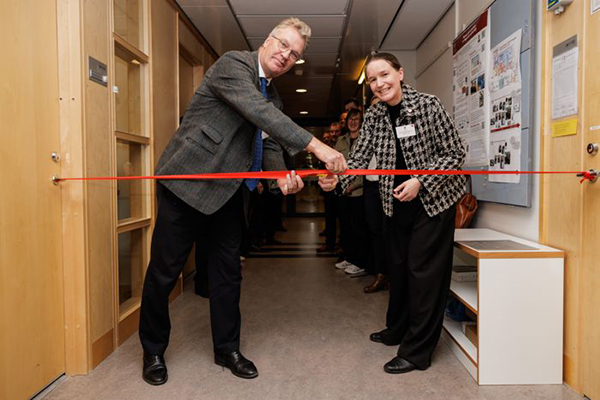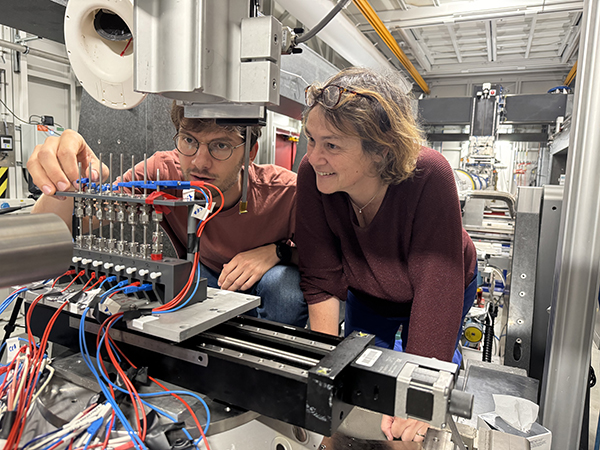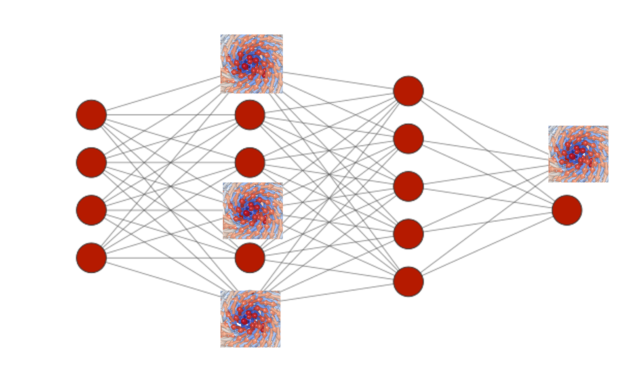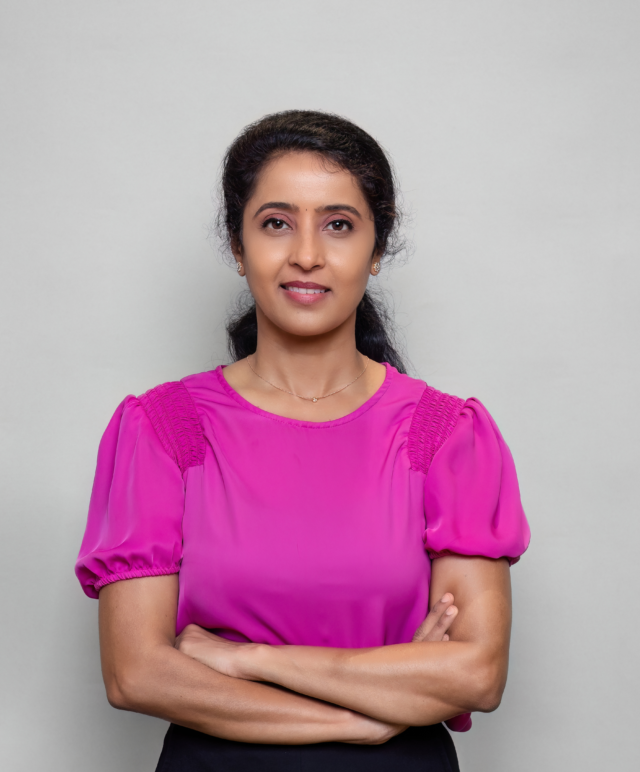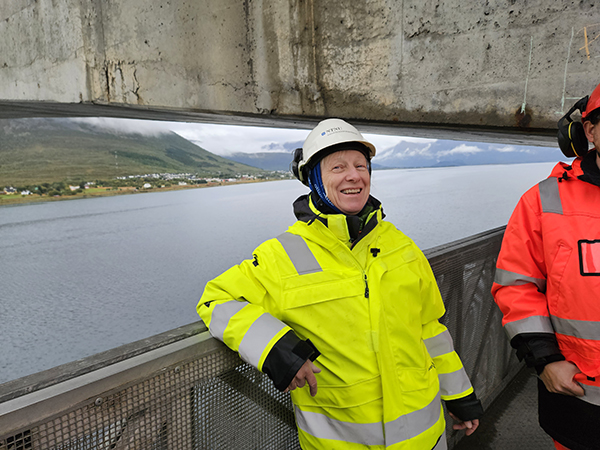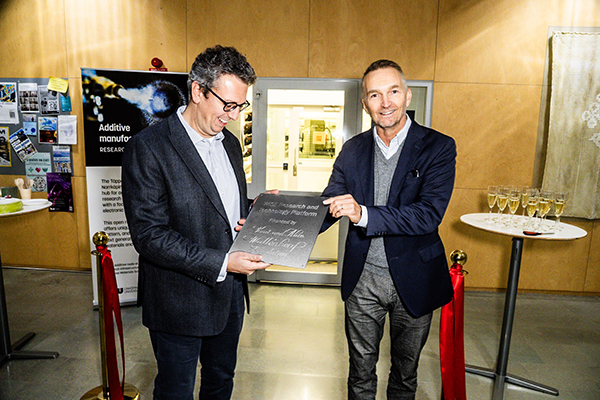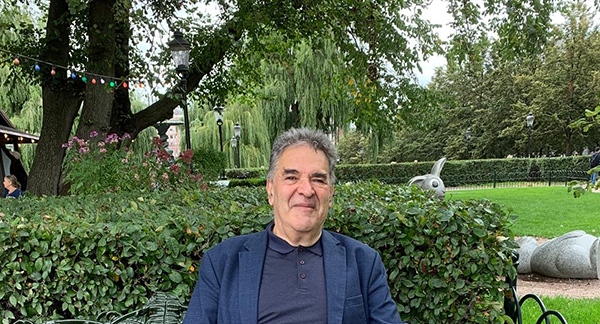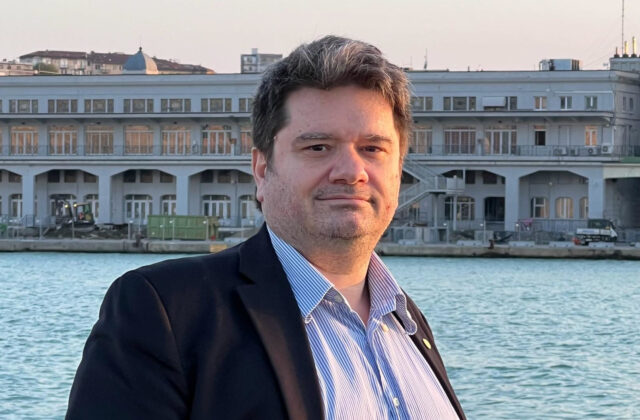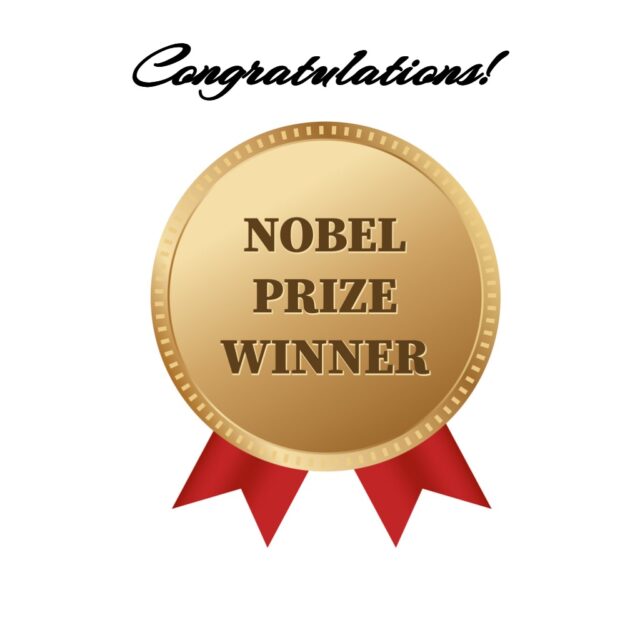Peter Värbrand’s academic journey is as diverse as it is distinguished. He began his career at the Department of Mathematics at Linköping University, before moving to the newly established Campus Norrköping’s Department of Science and Technology (ITN), where he became a Professor in Optimization. During this time, he also served as Head of the Department for several years, playing an important role in shaping the early development of both education and research at the new campus.
As his career evolved, Peter moved into leadership at Linköping University, becoming Deputy Vice-Chancellor, where he spearheaded efforts in External Relations and Innovation. He was also chairman of the board of Linköping University Holding AB. His focus has been to strengthen the university’s strategic partnerships, with a special emphasis on ensuring that the knowledge generated within the institution finds practical applications in society and industry.
What is your role in WISE and why did you decide to join the program?
Magnus Berggren, Director of the WISE program, reached out to me and invite me to join, recognizing my background in university leadership and building international collaborations. Initially, I served as a senior adviser, actively contributing to the establishment of the program. WISE’s goal is to advance cutting-edge materials science research that supports sustainable technologies with real societal impact, while also training future leaders for academia and industry.
As WISE grows, my activities are shifting a bit and, now I focus more on the program’s societal impact, and how to ensure that WISE research achieves its full potential in making a positive difference.
What is the potential impact of WISE on society?
The potential impact of WISE is enormous. What I find particularly inspiring is how the Knut and Alice Wallenberg Foundation (KAW) has tasked WISE with addressing sustainability through world-class basic research. This approach is a clear pathway to creating meaningful societal impact.
One example of WISE’s impact is the WISE Proof of Concept (PoC) projects, that help researchers advance their ideas toward commercialization, bringing innovations closer to society. This not only drives economic growth and job creation but also accelerates the practical application of new technologies. Other examples of impactful initiatives in WISE are the WIRAs, which foster collaboration between industry and academia. Through outreach and exchange, WIRAs enable the development of groundbreaking technologies.
How can we measure the impact of WISE?
That is not easy. One way is to collect impact stories. This involves carefully documenting achievements to understand how specific activities lead to tangible outcomes. For instance, during WIRA activities, it is crucial to capture how collaboration between academia and industry have driven key developments.
The Swedish Research Council (Vetenskapsrådet, VR) is doing valuable work in evaluating the universities outreach in terms of valorization, which I see as an excellent foundation for measuring impact. Initiatives like these provide a structured way to assess how research translates into real-world benefits, helping us track progress and refine our efforts.
